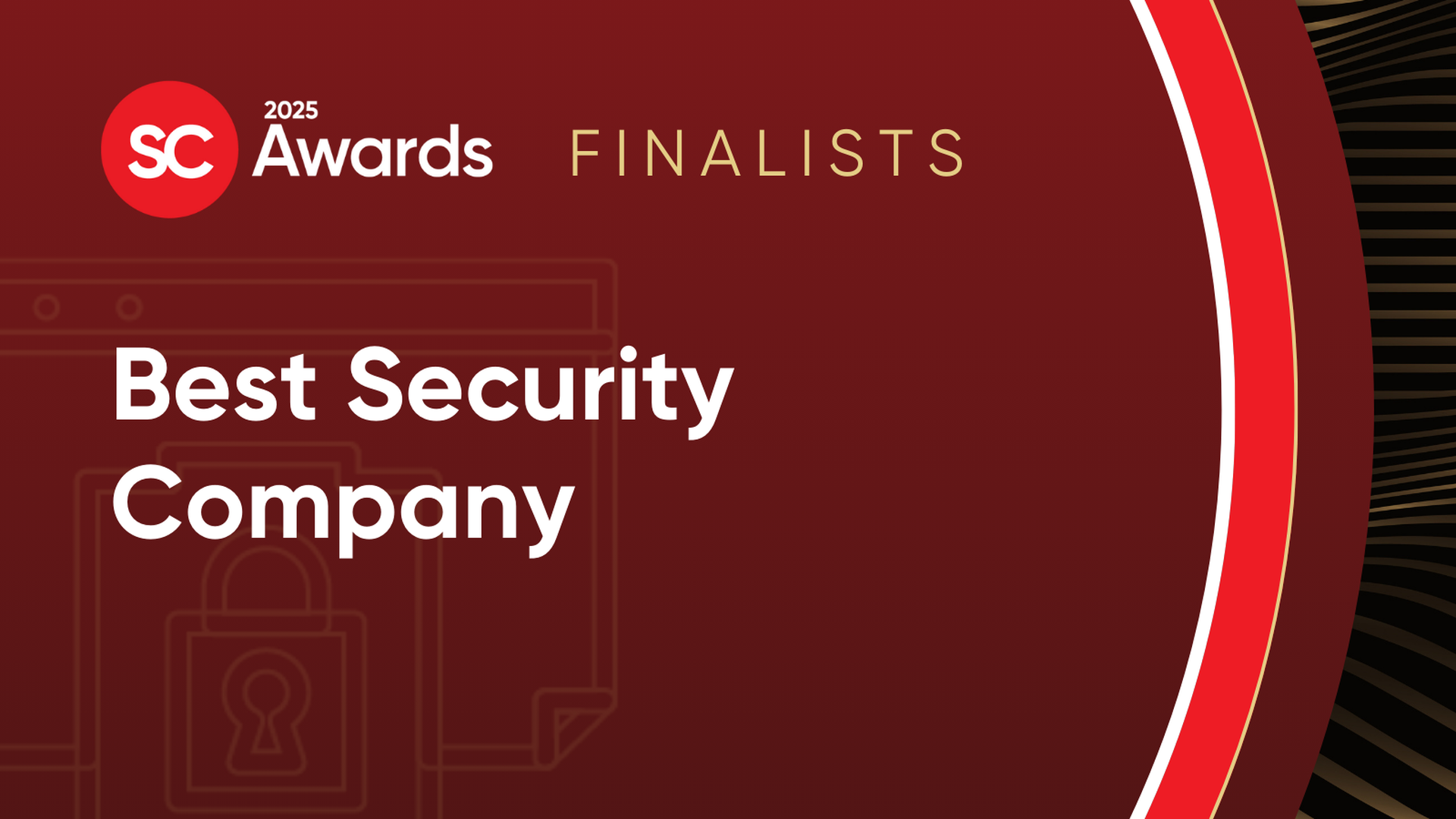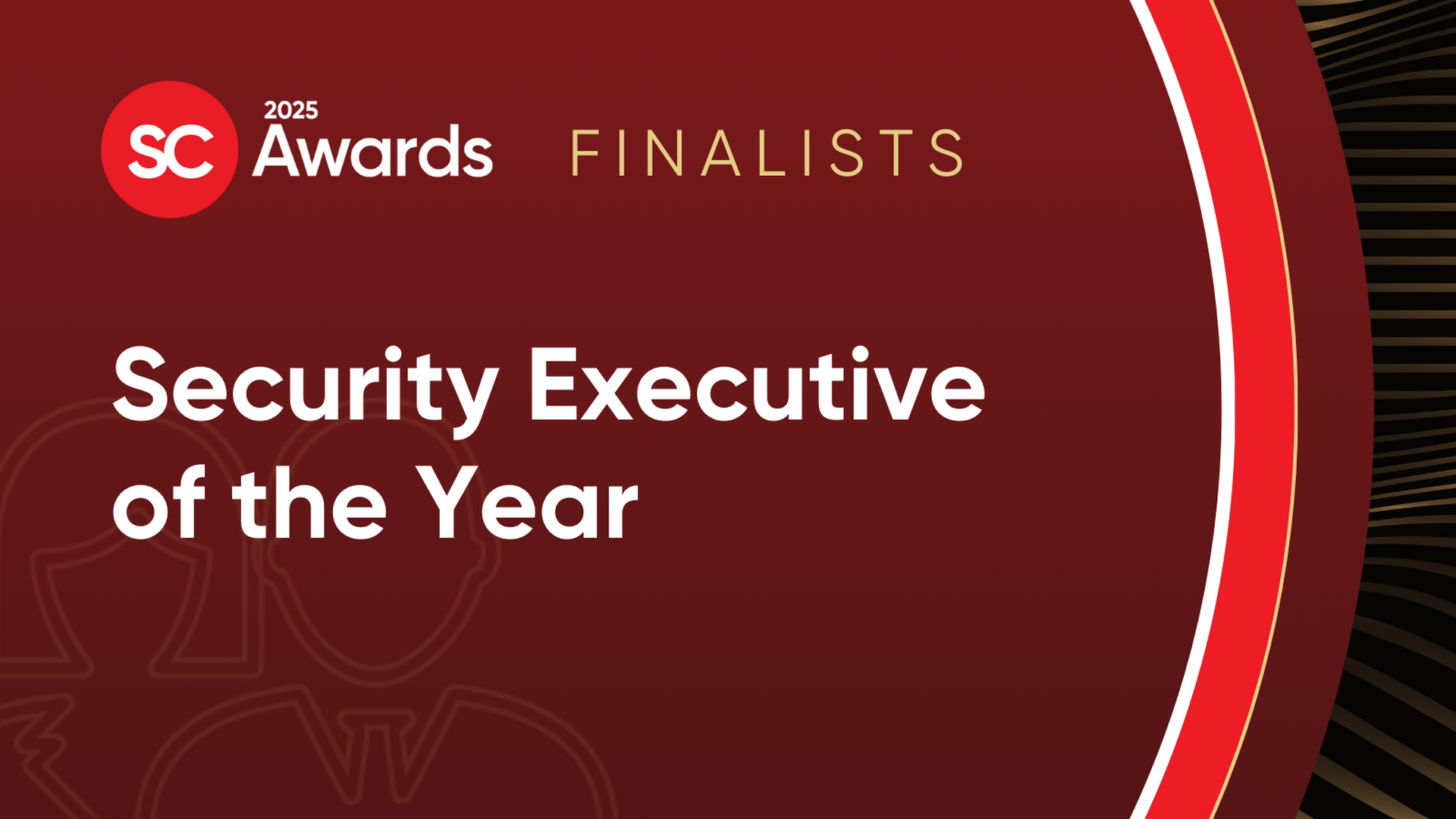COMMENTARY: Like many others, I never set out to work for a SaaS company in physical security. My career started in mobile location data, where I joined a startup as an operations analyst and eventually became an executive. It was a fast-moving, highly technical, and male-dominated field — similar in many ways to physical security.
Mobile location data products were in their infancy, and I had a unique opportunity to shape the industry’s future. Over time, I found myself wrestling with the ethical implications of my work. Even though data was collected with user consent, I couldn’t ignore the broader privacy concerns and the uneasy feeling that the industry was moving in a direction I couldn’t fully stand behind. I pushed for better data privacy practices, but at some point, I had to ask myself: Is this really where I want to invest my energy?
[SC Media Perspectives columns are written by a trusted community of SC Media cybersecurity subject matter experts. Read more Perspectives here.]
That’s what led me to physical security. What drew me in is the real, tangible impact physical security has on people’s lives. Access control isn’t just about keeping bad people out — it’s about providing reliable and convenient safety for everyone. This mission resonates with me and motivates me to do my best for my company every day. Through this journey, I’ve learned a significant lesson: Career growth and success should not come at the cost of my core values. Professional success is most meaningful when my work aligns with my values.
Navigating gender bias and building resilience
Coming from a male-dominated industry, I’m also familiar with the challenges women face in tech. There were times earlier in my career where I had to work twice as hard to be taken seriously. As a leader, I’ve made mistakes like anyone else, but I often felt more harshly judged than my male counterparts. These experiences ultimately made me more resilient and taught me how to bounce back.
At the start of my career, I was young, ambitious, and somewhat naive to workplace gender dynamics. My previous company was forward thinking and diverse, but the industry itself had a potent “bro” culture. One experience that nearly pushed me to quit happened when I represented my manager in a client meeting. I was laser-focused on building a strong client relationship and negotiating terms–only to later learn that, in a follow up call, the client objectified me. He reduced my presence in the room to my appearance rather than my expertise. It was mortifying. It was also a huge wake-up call.
In those early years, I was often dismissed and underestimated — both my age and gender playing a role. But instead of walking away, I focused on what I could control: building a strong support system, advocating for myself and others, and proving through my actions that leadership and expertise aren’t defined by gender or age.
Steps to boost female representation in tech
In honoring International Women’s Day on March 8, our industry needs to keep encouraging more women to enter the security field. To make that happen the industry should focus on three areas:
A lack of representation often happens because of a lack of opportunity. Unfortunately, girls are less likely than boys to pursue STEM education. The physical security industry can help close this gap by investing in mentorship programs, sponsorship opportunities, and even grant initiatives to support STEM education for young women.
Motherhood also represents a major barrier. Many women either have children or plan to have them, and a company’s stance on work-life balance can significantly impact a candidate’s decision. If given the choice, a mother — or future mother — will choose a company that prioritizes flexibility and family-friendly policies. Companies should reassess benefits such as parental leave, childcare support, and fertility insurance to show they not only welcome women, but support them at every stage of life.
More representation starts with higher visibility. Typically, the most visible roles at companies are at the executive level, yet many of these positions remain male-dominated. Companies must implement inclusive hiring practices, be intentional about promoting women to senior leadership, create clear paths for women to advance, and foster a culture where women feel supported.
Finally, we need to make pay equity a top priority. Companies should conduct regular salary audits to ensure there are no disparities between male and female employees in similar roles. Pay transparency policies can also help address wage gaps by giving employees clear insight into compensation structures and career progression opportunities. Equal pay isn’t just about fairness: it’s about demonstrating that women’s contributions are valued at the same level as their male counterparts.
Women should also not let “imposter syndrome” hinder their professional development. Despite what others may say, the greatest ideas often come from people with fresh perspectives and diverse experiences, so success in this industry does not require a background in security.
Most important: seek out mentors and advocates. If an environment doesn’t support growth, then don’t be afraid to push back or seek out a company that offers a better opportunity. That’s why I’m with Brivo today.
Jamie Thompson, vice president, engineering, Brivo
SC Media Perspectives columns are written by a trusted community of SC Media cybersecurity subject matter experts. Each contribution has a goal of bringing a unique voice to important cybersecurity topics. Content strives to be of the highest quality, objective and non-commercial.




